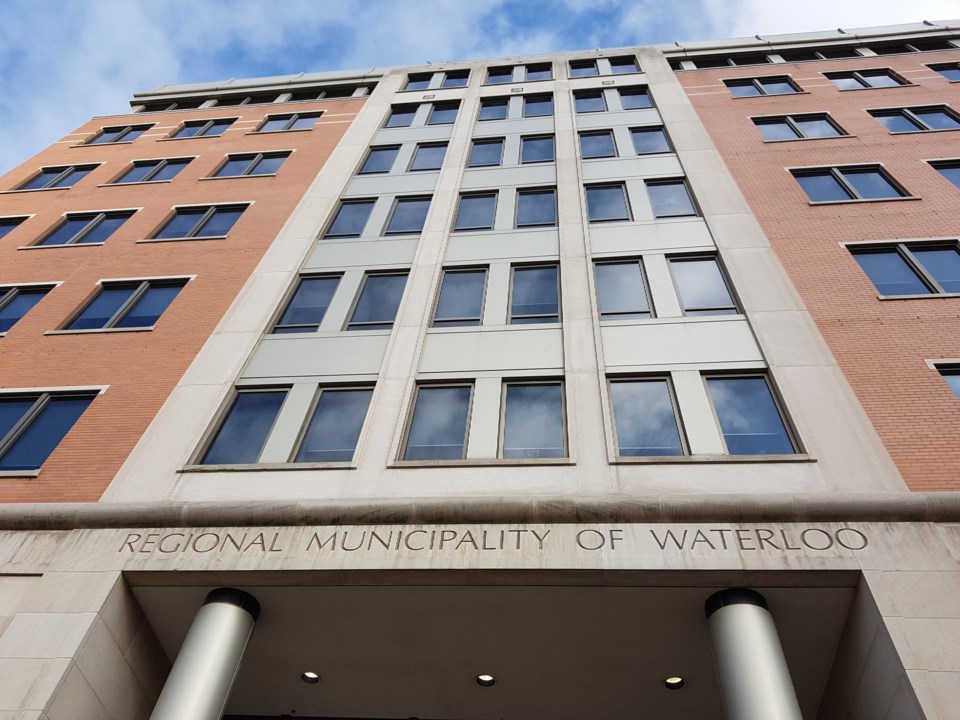The region is putting together a list of potential sites and models for a sanctioned encampment site.
In August, it approved a number of measures aimed at fighting homelessness, including a first-ever "hybrid managed encampment."
"Work is underway to identify potential sites, and potential models for that to happen, including going out to the community for an expression of
interest for partners to actually operate that site once we have a location chosen to help us develop a model," said Peter Sweeney, Commissioner of Community Services in an interview with CityNews 570.
The goal is to include 50 spaces.
It's part of steps the region is taking to tackle a "crisis" of homelessness.
At last count, there are over 20 encampments of various sizes and over 1,000 people experiencing some form of homelessness in our region.
To support people living in tents, Sweeney said the region is staying in regular contact, offering shelter opportunities, providing access to services like Ontario Works, as well as offering a pathway to alternative shelter.
The region is planning to add over 300 shelter beds to the system.
At the large encampment at Victoria and Weber, the region has provided temporary washrooms and daily waste disposal in an effort to "ensure the safety of people who are choosing to live there and those who live and work nearby."
Sweeney said the region does not have criteria to define an encampment.
"Our goal is to, frankly, find people where they're at, meet people where they're at, figure out as best we can what supports they need," he said.
The region is also planning an emergency shelter, as well as two housing projects.
"This work is important and it's urgent. We need to be moving as fast as humanly possible because we have a crisis in this community of chronic homelessness, and it has significant impact not only to the people who are experiencing it first hand, but the community at large," Sweeney said.
When it comes to criticism of how the region is addressing homelessness, Sweeney said there's common ground among local residents.
"I've been in this role for 3 months, and I've yet to meet somebody that doesn't think this is a problem that needs to be solved. I think that's a starting point that all of the community can get behind ... it is an all of community challenge, and it's going to require all of community response," he said.
The region will also develop a homelessness "master plan."
"You can imagine, we may actually have to ramp up the number of spaces and beds that we have to provide support. But if we do our job over the next few years, in terms of ending chronic homelessness, that can actually start to contract," he said.



